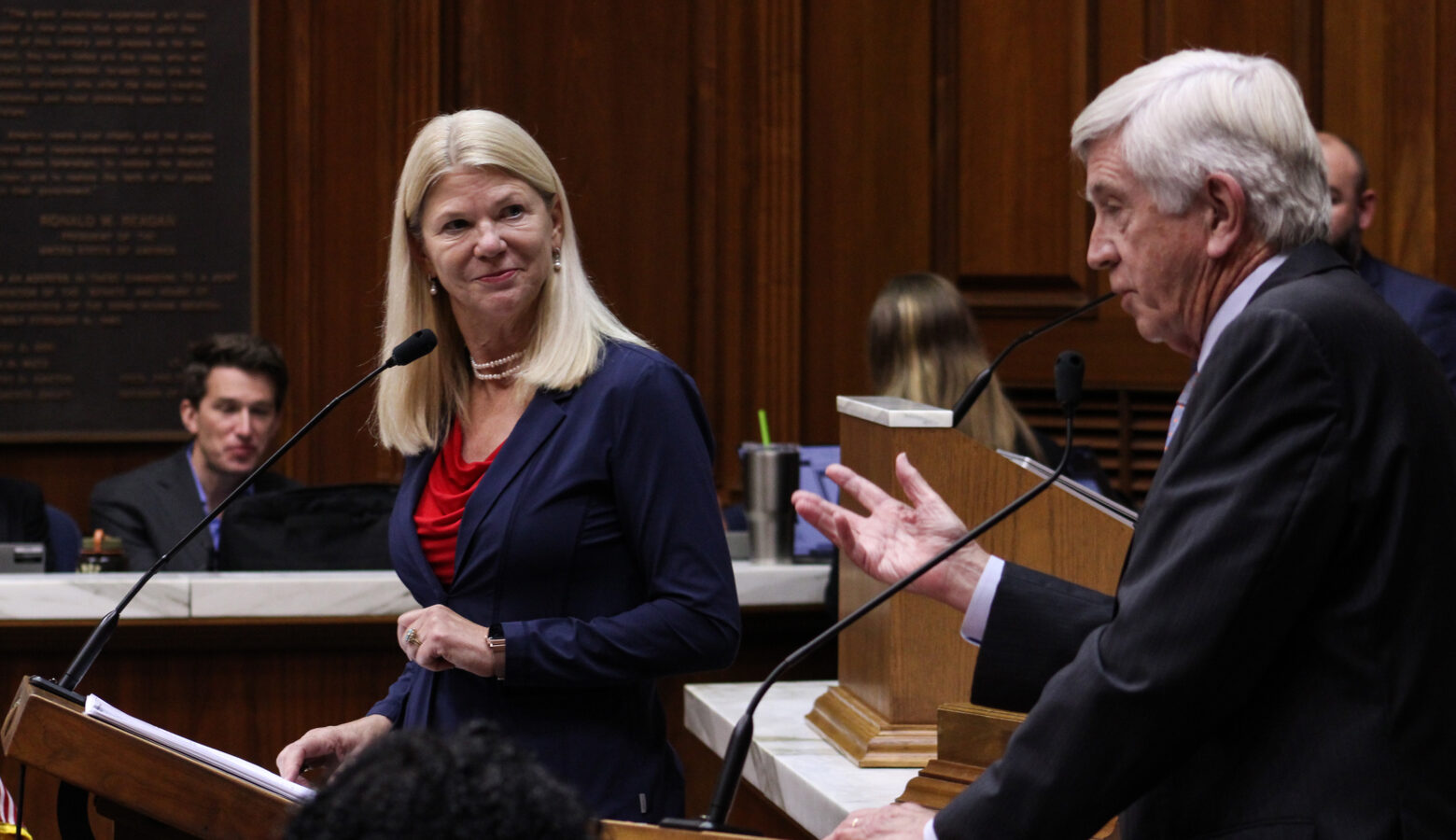Lawmakers send bill to governor criminalizing computer-generated revenge pornography

Indiana is expanding its revenge pornography law to include digitally-generated or altered images.
The House unanimously voted to send HB 1047 to the governor Tuesday.
The revenge porn law, created in 2019, makes it a crime to share an “intimate” image or video if the person sharing it knows the person in the image didn’t consent to it being shared.
Prosecutors said they’re seeing a rise in images or videos that use artificial intelligence to either take someone’s face and put it on another person’s body or “nudify” an image — essentially, take a photo or video of someone who’s clothed and depict them naked.
Rep. Sharon Negele (R-Attica) said a change in the Senate to her bill clarifies that the statute will not apply to news outlets, Internet providers or cloud service providers who simply provide access to such content and are not involved in creating it.
“We’re going after the person that’s actually creating this porn, not the medium that it actually gets placed on,” Negele said.
The measure makes it clear sharing such images or videos would be a crime only if they look like the real person. Negele said lawmakers aren’t trying to criminalize “caricatures.”
Committing the crime will be a Class A misdemeanor, which comes with up to a year of jail time and a fine of up to $5,000.
There’s also a provision in the bill expanding the state’s voyeurism law. Sen. Rodney Pol, Jr. (D-Chesterton) said a constituent of his, a married woman, was secretly recorded by her partner using a concealed camera.
Join the conversation and sign up for the Indiana Two-Way. Text “Indiana” to 765-275-1120. Your comments and questions in response to our weekly text help us find the answers you need on statewide issues, including our project Civically, Indiana and our 2024 legislative bill tracker.
That wasn’t previously covered under the state’s revenge pornography law because that statute requires intimate images to be shared with others.
HB 1047 also contains language pertaining to victims of abuse involved in a settlement with the Boy Scouts of America.
Under the settlement that stems from abuse claims that go back decades, victims can choose to get a small payment immediately; can go forward with individual claims; or get their payment amount determined by a system that takes into account several factors – one of which is whether the state statute of limitations has run out on their claims.
Indiana’s statute of limitations means that victims in this state could get 10 percent to 25 percent less than victims in other states.
A provision in the bill sent to the governor’s desk temporarily extends the statute of limitations.
Brandon is our Statehouse bureau chief. Contact him at bsmith@ipbs.org or follow him on Twitter at @brandonjsmith5.

